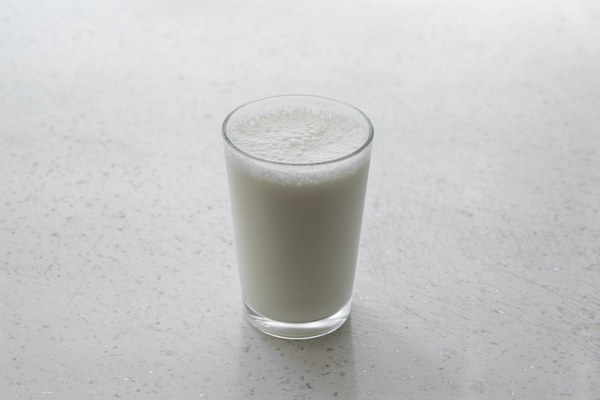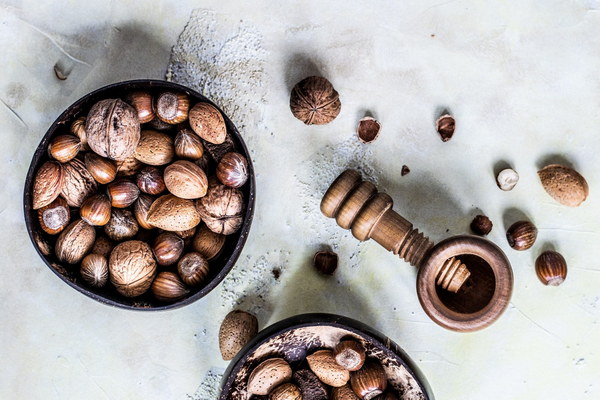Boost Your Stewed Meat with These Top Herbs to Expel Dampness and Enhance Flavors
In the heart of a damp and misty season, the thought of a warm, hearty stew can be quite comforting. Stewed meats are a quintessential comfort food, offering a rich tapestry of flavors and nutrients. However, for those who are prone to dampness in their body, the choice of ingredients can make all the difference in both taste and health. In this article, we will explore the best herbs and spices to add to your stewed meat to expel dampness and elevate its taste to new heights.
1. Cinnamon: The warm, aromatic scent of cinnamon can transform your stew into a medicinal delight. This spice is known for its ability to stimulate digestion and improve blood circulation, thereby aiding in the expulsion of dampness. It pairs wonderfully with beef, lamb, or chicken stews, adding a depth of flavor that is both comforting and invigorating.
2. Ginger: A staple in traditional Chinese medicine, ginger is an excellent herb to include in your stew. It has a pungent taste that helps to clear dampness from the body and stimulate appetite. It's particularly beneficial when paired with pork or chicken, as the combination can create a soothing and appetizing dish.

3. Dried Tangerine Peels: Also known as chen pi, these dried peels are not only aromatic but also help to expel dampness and relieve stomachache. They are often used in soups and stews, especially those made with pork. The subtle citrusy flavor adds a refreshing twist to your stew without overpowering the meat.
4. Angelica Root (Dang Gui): This is another herb often used in traditional Chinese medicine to expel dampness. It has a sweet and slightly bitter taste that complements a variety of meats. When added to your stew, it can help balance the body's yin and yang, providing a harmonious and nourishing meal.
5. Green Onions (Scallions): These are not only a flavorful addition to your stew but also a great way to expel dampness. The green part of the scallions is particularly effective, as it helps to clear dampness from the body and is known to be a natural diuretic. They are a versatile herb that can be added at the end of cooking to retain their crunch and vibrant color.
6. Star Anise: With its licorice-like flavor, star anise is a unique spice that can add depth to your stew. It is believed to have properties that can expel dampness and relieve stomachache. It's especially good when used in stews made with beef or lamb, enhancing the rich flavors of the meat.
7. Tangerine Peel (Chen Pi): Similar to dried tangerine peels, fresh tangerine peel adds a delightful citrus flavor to your stew. It helps to clear dampness and can be used in the same way as dried tangerine peels. The zest of the fresh peel can also be added to the dish for an extra burst of citrusy taste.
In conclusion, the next time you prepare a stew, consider adding these herbs and spices to expel dampness and enhance the flavor. Not only will your dish be more enjoyable, but it may also provide health benefits that are particularly useful during damp and humid weather. Remember to adjust the quantities to suit your taste, and don't hesitate to experiment with different combinations to find the perfect stew that warms your body and soul.









